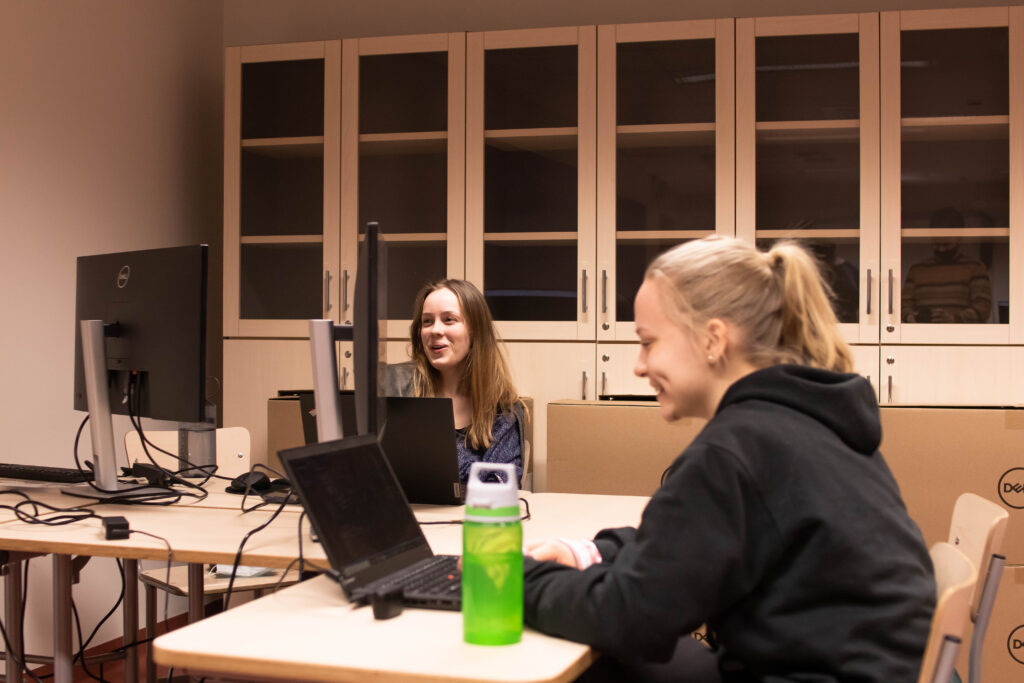What should the blog be about?
Today, I’d like to show you the kood/ concept in action by applying it… to the blog! Problem: what the blog should be about? Solution: I went to my fellow kood/’ers. Here’s what we came up with.
People-focused.
Almost all kood/’ers agreed: we should post about our cool events and heartwarming memories, like diary entries, to show the kood/ culture and community.
Many want to record their personal kood/ journeys. As Tanel expressed, we represent many age groups and backgrounds. “We have people who just finished high school, people in their mid-twenties who have tried a degree or work but realize they want something else, and people who are adults with long-term commitments.”
But it’s not enough to highlight differences. We should show how each of us actively transforms in different ways. Which brings us to…
Thought-leadership.
We believe showcasing our unique experiences will inspire future learners… and reshape how potential future employers understand an individual’s potential.
“I found a routine that works for me,” says Kätlin. “And I would like to write about that; it might also work for someone else.”
The ideologies of kood/ can be applied to many industries and parts of society, and especially the workplace. The blog could also be the go-to place online to discover hundreds of ways people have discovered their ‘zone’, what works best for every individual in terms of learning and wellbeing.

As Kender put it, the blog could be a “research on the methods of learning without teachers”. Personally, I’d like a few posts on how workplaces can be more like kood/!
kood/ basics.
With insights on-campus life and learning methods, future applicants deserve posts on preparing for the sprint, first three months, and beyond.
“Everyone would benefit from documentation written in a human, beginner language,” says Laura-Eliise. Most content online is written for people who are already within the industry, and writing quick-and-dirty posts ‘for-dummies’ could highlight that our ‘no previous experience needed’ learning.
Showcasing.
Kood/’ers want to show what we’re working on. Different teams discover different solutions to the same problem, strengthening the ‘no-single-right-answer’ approach to creative coding.
“But also showing the level of tasks,” says Kevin. “We watched an interview for getting into Google, and one of the assignments was similar to our recent projects.”
Marten confirmed, “A professional saw that task and said, ‘wow’, he did that in the last year of his university degree.” A task which we, on average, took a few weeks to crack with no previous knowledge.
From grammar-correcting programs to HTML front-end, to University-level Computer Science; six months in we’re about to start creating our first games with JavaScript. Kood/’ers want everyone out there to know the kind of challenges they face with nothing but each other and the internet.
Post Scriptum
Two heads are better than one; now try a whole school of thought! With the problem of the blog’s vision solved, it’s exciting to see where we go from here. A lot of ideas came about – now let’s see what the results might be!
by Anna-Maria Ninnas